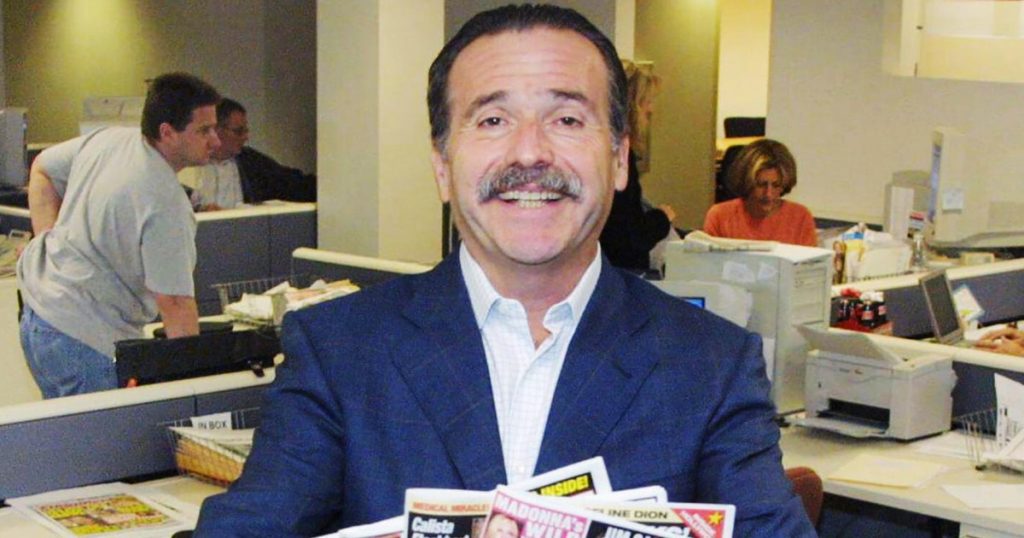Former National Enquirer publisher David Pecker’s recent testimony in Donald Trump’s hush money trial revealed the extent to which his publication used underhanded tactics to defend the former president, violating both mainstream journalism ethics rules and typical tabloid standards. Pecker admitted to paying for stories, fabricating stories, and working with Trump’s campaign to suppress negative stories about him, including one about an alleged affair with Karen McDougal. These actions are serious violations of basic journalism tenets and journalistic ethics policies.
Pecker also revealed that the National Enquirer even went as far as doctoring photos to create false stories about Trump’s opponents, demonstrating a troubling lack of ethical standards within the publication. While some may argue that paying for stories is a standard journalistic practice, this practice is largely limited to tabloids and celebrity publications and most mainstream news outlets explicitly prohibit it. Pecker admitted that the Enquirer had a policy of paying sources directly for exclusive rights to their stories, up to $10,000 in cash.
Former employees of the National Enquirer expressed shock at the revelations, noting that while tabloids have a reputation for bending journalistic norms, the actions described by Pecker went beyond even the loose rules of tabloid journalism. The Enquirer, known for breaking major news stories, targeted celebrities and powerful figures alike, and had an equal opportunity approach to gossip. However, Pecker chose to bury negative stories about Trump instead of reporting them, a decision that former employees found puzzling.
Pecker’s testimony raised concerns about the damage these revelations could do to the credibility of the National Enquirer and the journalism industry as a whole. While mainstream outlets would never tolerate such behavior, Pecker’s admissions have led to accusations of unethical practices being leveled against all journalists. The industry must address these issues and hold journalists accountable for unethical behavior, as failing to do so risks undermining the credibility of journalism as a whole.
Former Enquirer employees expressed relief that Pecker’s actions were finally being aired in court, confirming suspicions they had long held but could not prove. The lack of major scoops in recent years and declining circulation of the National Enquirer indicate that Pecker’s tenure may have damaged the publication irreparably. Mainstream outlets must also be vigilant in upholding ethical standards and calling out unethical behavior, even if it may tarnish the industry’s reputation in the short term.
Ultimately, Pecker’s testimony serves as a cautionary tale about the dangers of ethical lapses in journalism and the need for transparency and accountability within the industry. While tabloids may have a more relaxed approach to journalistic standards, the National Enquirer’s actions in this case represent a significant departure from accepted norms. Journalists must work to uphold ethical standards and maintain the trust of the public, even if it means calling out unethical behavior within their own ranks.


